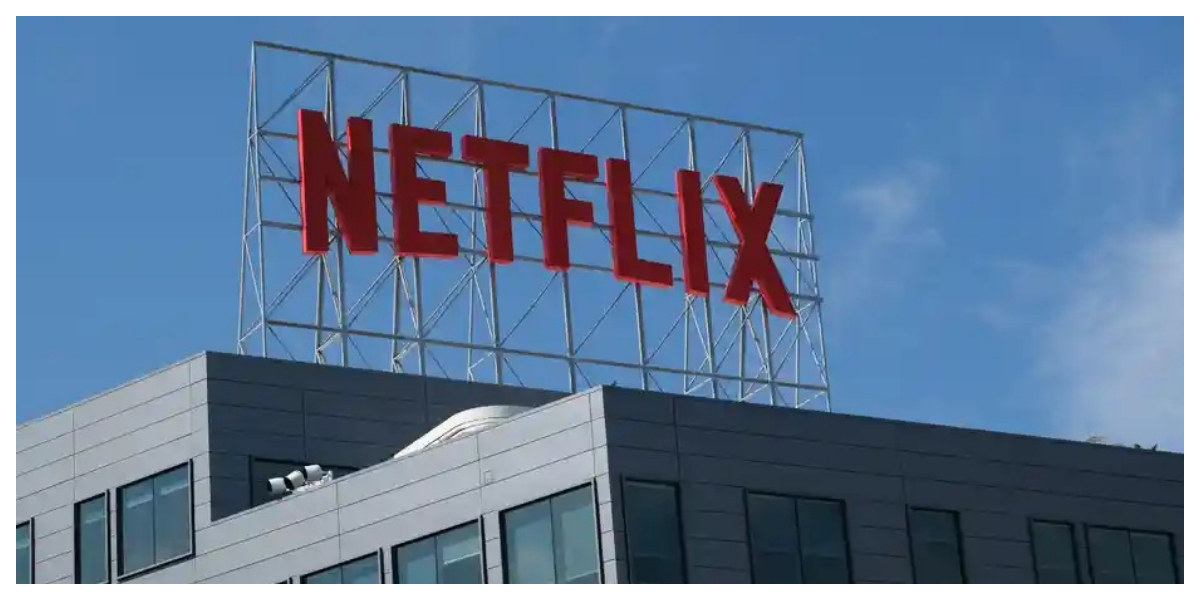As the streaming giant throws all it has into the wall, the whole entertainment industry is watching to see what happens.
Following the financial crisis of 2008, Congress approved legislation requiring Wall Street banks to undergo rigorous “stress testing.”
Financial institutions subject to the bill must conduct a range of tests, including “baseline and highly unfavourable scenarios” that include macroeconomic activity, income, pricing, and interest rates, among other things. According to the Treasury Department, the stress tests’ goal is to “evaluate the strength and resilience of financial institutions,” particularly in the “severely unfavourable” scenario.
The startling quarter in which Netflix lost members for the first time in almost a decade has sent shockwaves across the entertainment industry. At the open, the company’s stock dropped more than 30%, analysts downgraded the stock in droves, and the company’s own forecasts grew even more pessimistic. Other firms in the area, such as Disney and Roku, saw their shares fall as well.
[embedpost slug=” netflix-claims-100m-homes-share-passwords-implying-that-global-crackdown-is-coming/”]
Perhaps that’s why, during Netflix’s earnings call on Tuesday, co-CEO Reed Hastings made a statement that stood out. “I know it’s unfortunate for investors,” Hastings said, adding that the company was now “extremely focused” on “regaining our investors’ trust.”
Those remarks were the equivalent of a five-alarm inferno for Hastings, who is known for his low-key demeanour. It was reflected in the company’s quarterly report as well as other remarks made by management during the results call.
After a decade of looking the other way, a crackdown on password sharing? It is being done by the company. After claiming for years that the corporation would never be in the ad business, cheaper, ad-supported tiers? They’re going to take place. After expanding content spending by the billions year after year, are you “pulling back” on it? The corporation is now attempting to be “prudent” with its spending. A last-ditch bet on video games while the competition focuses on television and movies? Netflix has decided to go all-in.
Netflix is throwing everything it has at the wall in the hopes that one or more of these initiatives can restore the company’s “good standing” with investors. But, as frightening as the situation is for Netflix, it could be even scarier for rivals such as Disney, Paramount, Warner Bros. Discovery, and NBCUniversal, which have all reorganised and reoriented themselves around streaming video in an attempt to emulate Netflix, which has been the darling of Wall Street for years.
Now Wall Street is second-guessing itself, with huge ramifications for the rest of the industry. The good news for Disney and its competitors is that Netflix is the one that is taking the streaming stress test, and it is passing with flying colours.
While most Netflix competitors currently provide ad-supported plans, and some may be more aggressive in their anti-sharing efforts, Netflix’s massive scale will allow everyone to see how profitable such techniques are.
However, an underestimated aspect of Netflix’s earnings was that management identified subscriber turnover as a major contributor to the company’s profitability shortfall.
The consultancy Deloitte produced a report on the health of streaming last month, and “the headline is that churn is here to stay,” according to Jana Arbanas, vice chair of Deloitte LLP and U.S. telecom, media, and entertainment sector leader.
“It wasn’t a one-off hiccup,” Arbanas noted. “Subscriber volatility is likely to be a problem for streaming providers to deal with.”
Unlike cable television, streaming services make it simple to quit and return. As a result, once customers have seen what they came for, they can unsubscribe from one service and subscribe to another, returning months later when a new season of their favourite show is released. Younger consumers, according to Deloitte, are particularly comfortable with this proposition.
Disney+ and HBO Max are attempting to combat this by releasing new episodes weekly and staggering them to keep customers engaged, as well as launching more affordable, ad-supported plans. Netflix has avoided weekly releases in the past, citing user experience as a reason, but with all the pivots, it’s time to reconsider.
Then there’s the issue of data. Netflix has long been known for anticipating what its customers want to watch before they do. Is Netflix’s data, though, sufficient in light of the new competition? The fact that the corporation is introducing a new “two thumbs up” option indicates that it believes there is more it can do.
“With the amount of data available about consumer activities — buying, watching content, listening to music, gaming, and leisure — Netflix just has one touchpoint with the consumer,” Andre Swanston, senior vp media and entertainment at TransUnion, tells THR in an email. “Amazon, Disney, and other competitors have a greater understanding of the consumer’s lifestyle (ecommerce, live events, sports, and so on) and how to best engage with them.”
It’s just one of many issues confronting the streaming industry, and while Netflix is dealing with it right now, the issues could apply to everyone in the industry.
Is it possible for streaming advertising to succeed if many higher-income households refuse to subscribe? Will enforcing password sharing lead to an increase in subscribers, or will it drive customers away? In such a competitive market, how low can content spend actually go?
And, as Fox Sports executive vice president Michael Mulvihill put it in a tweet last November, “the most exciting thought exercise in this business is: What if streaming in the US is *already* at or near maturity?”
Mulvihill added in a retweet on Wednesday: “Not just a thought exercise anymore.”

















